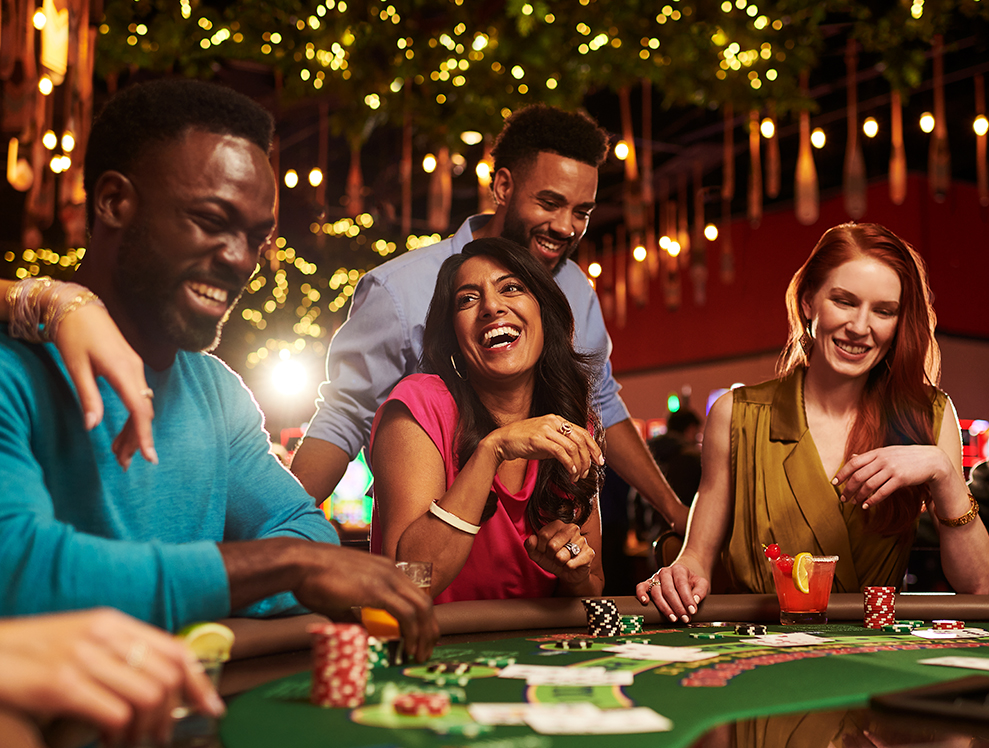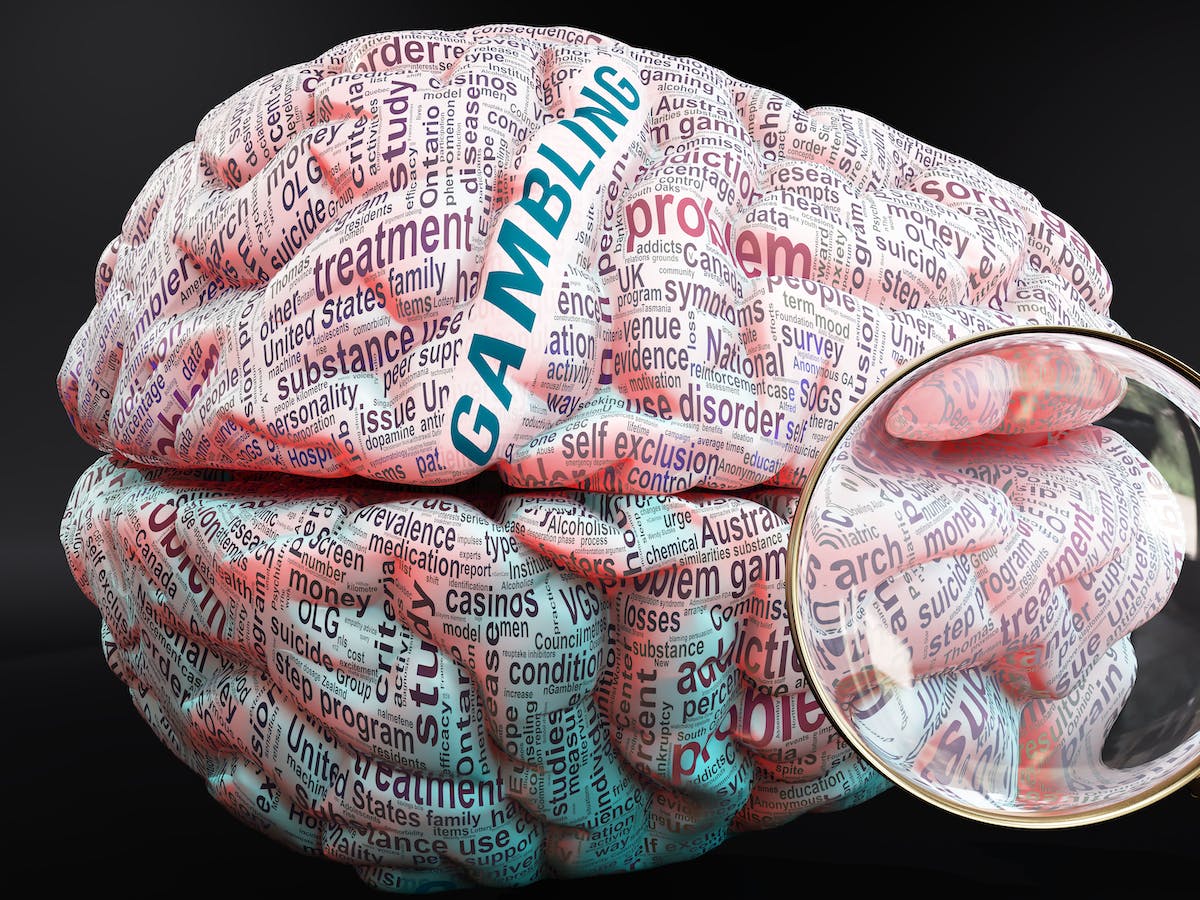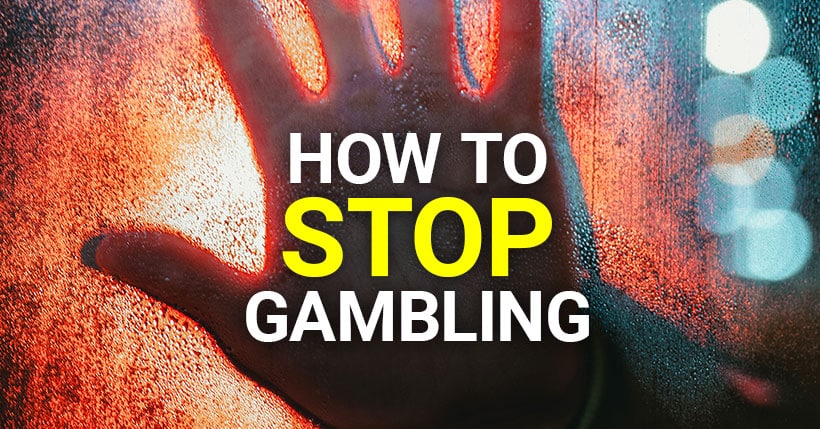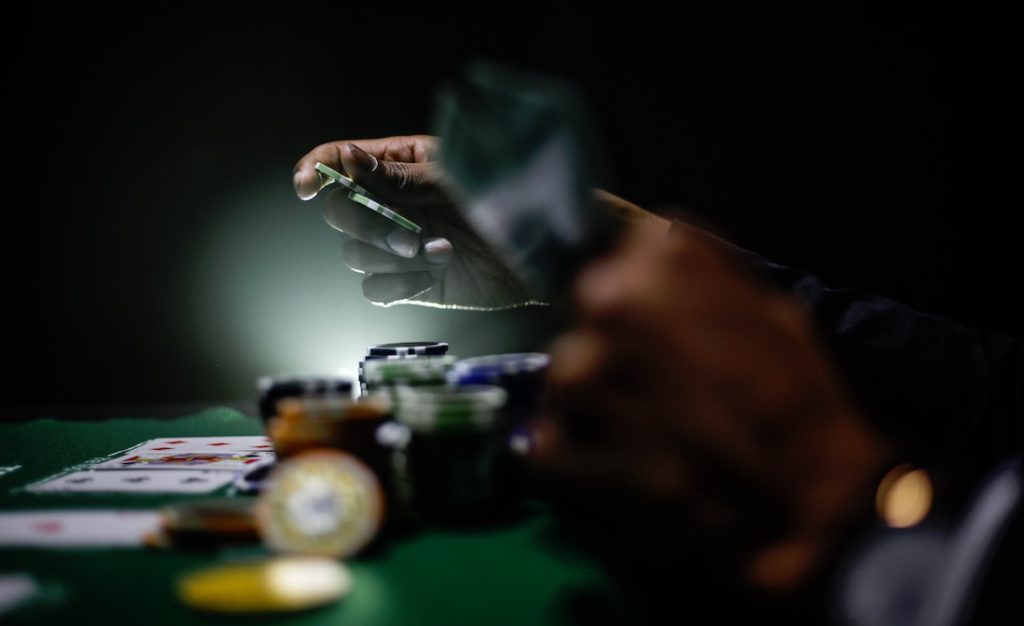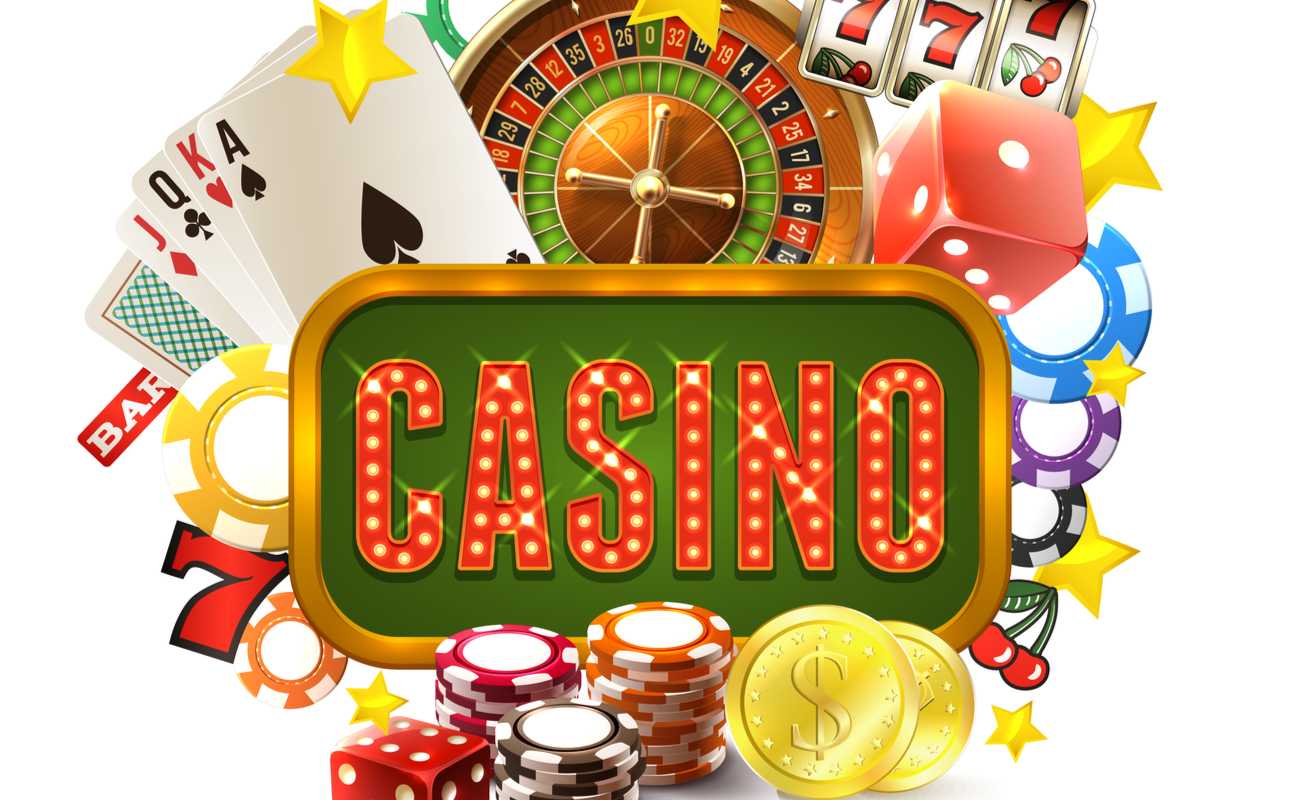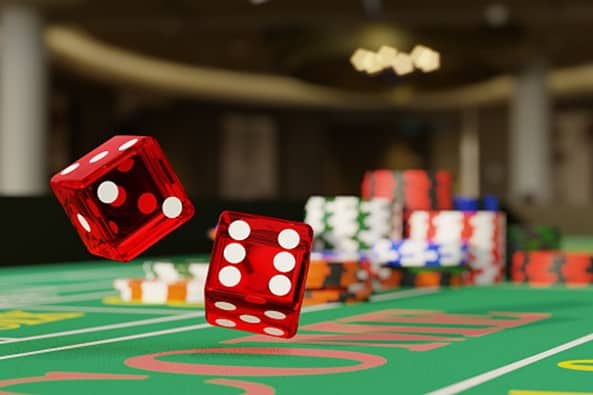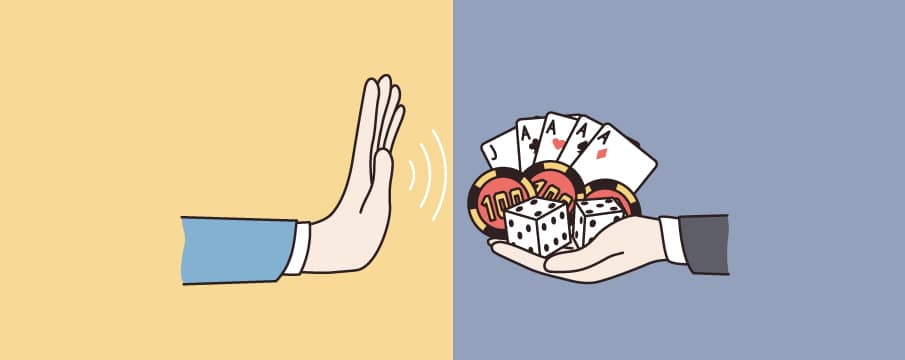Excitement and Fatigue: Why People Play in Casinos Even When They Don’t Have the Strength to Think
Imagine arriving home after a long, exhausting day. You’re mentally drained, overwhelmed, and incapable of handling even simple tasks. Yet, something draws you to log into Nomini casino, spin the reels, or place bets – even though you feel you have no strength left to think clearly. What is this mysterious allure? Why do people gamble when exhausted, combining deep fatigue with gambling excitement?
The relationship between fatigue, excitement, and gambling reveals fascinating insights into human psychology and emotional behavior. This article dives deeply into why people frequently gamble, even when mentally depleted, examining what compels exhausted individuals to seek solace or stimulation at online casinos.
Understanding Fatigue and Gambling
Mental Fatigue and Decision-Making
Mental fatigue dramatically impairs decision-making capabilities. Exhaustion reduces your brain’s ability to process information rationally, analyze risks, and control impulsivity. This compromised mental state significantly impacts gambling behavior, altering how you perceive risks and rewards.
Yet surprisingly, fatigue doesn’t deter people from gambling – instead, it sometimes enhances their desire to gamble.
Fatigue as a Catalyst for Excitement
Ironically, fatigue can increase your craving for excitement. When you’re mentally drained, your brain searches desperately for stimulation – something to revitalize or energize you. Online casinos provide precisely this stimulation, offering emotional highs and adrenaline bursts that temporarily alleviate exhaustion.
Why Gambling Feels Attractive Even When You’re Exhausted
Gambling as an Effortless Escape
When exhausted, people typically seek effortless distractions. Unlike activities demanding active cognitive engagement, gambling – especially simplified games like slots or roulette – requires minimal mental effort. At casino, the ease of gameplay offers a comforting escape, making it appealing even in states of severe fatigue.
Immediate Emotional Rewards
Gambling provides immediate emotional rewards – anticipation, excitement, suspense, and occasional exhilaration. These emotions quickly counteract fatigue, energizing your brain temporarily. Even brief emotional highs help temporarily mask underlying exhaustion, creating an irresistible cycle.
Neurological Reasons Behind Gambling When Fatigued
Dopamine and Immediate Gratification
Gambling stimulates your brain’s dopamine production – especially attractive when you’re mentally exhausted. Fatigue often results from depleted dopamine reserves, leading to low mood or motivation. Gambling at platforms quickly replenishes dopamine, offering instant gratification and emotional uplift, temporarily overcoming fatigue-induced apathy.
The Pleasure-Pain Paradox
Paradoxically, intense fatigue amplifies gambling’s emotional highs. Your exhausted brain experiences amplified emotional contrasts – painful fatigue versus thrilling excitement. These heightened emotional contrasts make gambling especially appealing when exhausted, reinforcing a pleasure-pain emotional cycle that keeps you playing.
Psychological Motivations for Gambling Despite Fatigue
Seeking Control Amid Exhaustion
Exhaustion often accompanies feelings of powerlessness or lack of control – whether from workplace stress, personal relationships, or life pressures. Gambling provides a sense of regained control. At casino, you decide bets, manage risks, and choose games, temporarily restoring feelings of autonomy lost to fatigue or life demands.
Escaping Daily Stressors
Daily fatigue often results from chronic stress. Gambling provides momentary relief from stressful realities. It transports you into a simplified emotional landscape, where immediate emotional rewards and easy decisions replace complicated real-life challenges, making gambling appealing during exhaustion.
Emotional Dynamics of Fatigue and Gambling
Gambling as an Emotional Booster
Fatigue often leaves you emotionally flat, numb, or disconnected. Gambling revives emotions – anticipation, excitement, even frustration – restoring emotional vitality temporarily. The rapid emotional fluctuations during gameplay reawaken your numbed emotional landscape, providing temporary emotional restoration.
The Comfort of Predictability Amid Unpredictability
Online gambling provides a comforting balance between predictability and unpredictability. While game outcomes are random, gambling’s overall structure remains consistent and predictable. This predictability comforts mentally exhausted players, providing emotional safety within exciting unpredictability.
Risks of Gambling When Fatigued
Impulsive and Irrational Decisions
Fatigue significantly increases impulsivity, causing irrational gambling decisions. Players at casino, overwhelmed by exhaustion, might ignore responsible gambling habits, betting more recklessly, chasing losses, or ignoring set limits. This impulsivity dramatically increases potential financial risks.
Increased Risk of Problematic Gambling
Frequent gambling while fatigued increases the likelihood of developing problematic gambling behaviors. Exhausted gamblers become more emotionally dependent on gambling’s temporary relief, risking deeper emotional and financial issues over time.
Responsible Gambling: Managing Fatigue and Excitement
Setting Clear Personal Limits
When gambling while fatigued, clearly defined personal boundaries become essential. Casino provide tools for deposit limits, session duration restrictions, and loss thresholds. These limits ensure gambling remains controlled and enjoyable, even during exhaustion.
Practicing Mindful Gambling
Mindfulness involves fully understanding your emotional and physical state before and during gambling. Mindful gambling ensures exhaustion doesn’t lead to impulsive, reckless decisions. Regular self-reflection and emotional check-ins help manage fatigue-induced gambling risks.
How Casinos Support Responsible Play
Promoting Emotional and Physical Wellness
Responsible online casinos proactively encourage emotional and physical wellness. Providing resources for recognizing fatigue, managing emotional states, and practicing responsible gambling helps players maintain healthy gambling relationships, even when exhausted.
Providing Robust Support Tools
Casinos offering extensive responsible gambling tools significantly enhance player safety. Casino’s commitment to transparency, emotional support resources, and comprehensive management tools ensures players gamble responsibly, despite fatigue or emotional vulnerability.
Real-Life Experiences: Fatigue and Gambling
Anna’s After-Work Gambling Sessions
Anna, a busy marketing manager, frequently logs into casino after stressful, exhausting days. Gambling provides emotional escape and immediate excitement, temporarily lifting fatigue-induced numbness. Yet Anna remains aware of fatigue-driven risks, carefully maintaining deposit limits and mindfulness practices.
John’s Emotional Rollercoaster
John, experiencing chronic fatigue from personal stress, often gambles for emotional excitement. He acknowledges fatigue’s risks, practicing mindful gambling – setting strict loss limits, regularly evaluating emotional states, and relying on casino’s responsible gambling resources to maintain safe play.
Strategies for Healthy Gambling Amid Fatigue
Short and Controlled Sessions
During exhaustion, short gambling sessions prove safer emotionally and financially. Limiting sessions to brief intervals prevents fatigue-induced impulsivity and excessive emotional dependence.
Prioritizing Rest and Recovery
Regular rest and emotional recovery remain essential. Ensuring gambling doesn’t replace adequate sleep, emotional relaxation, or physical rest prevents chronic fatigue and associated gambling risks.
Balancing Gambling Excitement with Life Realities
Maintaining Emotional Balance
Maintaining emotional balance remains crucial. Regularly assessing fatigue levels, emotional states, and gambling motivations ensures players gamble safely without neglecting essential emotional or physical needs.
Gambling as Part of a Balanced Lifestyle
Responsible gambling integrates seamlessly into balanced lifestyles. Players at casino can enjoy emotional excitement, social interaction, and entertainment without compromising emotional wellness or financial stability.
Recognizing When to Seek Help
Identifying Problematic Gambling Signs
Recognizing early signs of problematic gambling remains vital. Indicators include chronic fatigue, emotional dependence, financial distress, or excessive impulsivity. Early awareness ensures timely intervention.
Utilizing Professional Support Resources
Casino encourages players experiencing fatigue-related gambling issues to access professional support resources promptly. Gambling support networks, counseling services, and responsible gambling organizations provide critical emotional and financial guidance.
Conclusion: Managing Excitement and Fatigue Responsibly
The complex interplay between excitement and fatigue explains why many individuals gamble despite mental exhaustion. Understanding this psychological and emotional dynamic empowers gamblers to maintain healthy gambling behaviors, emotional wellness, and financial security.
Casinos offer essential resources, responsible gambling tools, and emotional support, ensuring gambling remains enjoyable rather than emotionally or financially harmful. With mindful practices, healthy boundaries, and emotional awareness, exhausted players can safely experience gambling excitement without risking long-term emotional or financial consequences.
Ultimately, gambling responsibly amid fatigue involves maintaining emotional balance, prioritizing self-awareness, and embracing mindful gaming. Through these strategies, excitement and fatigue can safely coexist, ensuring online gambling remains a healthy, enriching experience within balanced, fulfilling lifestyles.

